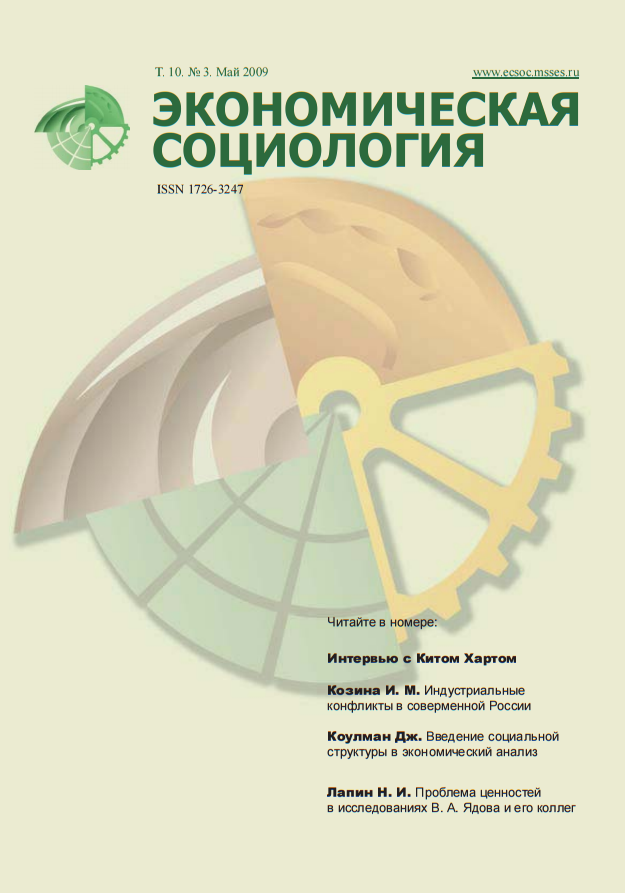Introducing Social Structure in Economic Analysis
Abstract
The article aims to expose some of the social assumptions on which economic analysis depends, fi rst to suggest that these assumptions have allowed economics to make important strides in social theory, but also to suggest that further progress lies in modifying or discarding those assumptions. Both the functioning of economic institutions and the theory of such functioning assume a foundation for trust. Is economic analysis able to deal with behavior in which this foundation can no longer be assumed? Economic analysis is able to deal with individual behavior based on incomplete trust or confi dence. But economic analysis has not been able to cope with the social organization of trust. As a result of not explicitly incorporating this social organization into economic theory, there remain many problems, which are of great importance for economics but cannot be treated by economic theory. Economists can model behavior at the level of individuals, but they are seldom able to make an appropriate transition from there to the behavior of the system composed of those individuals.













